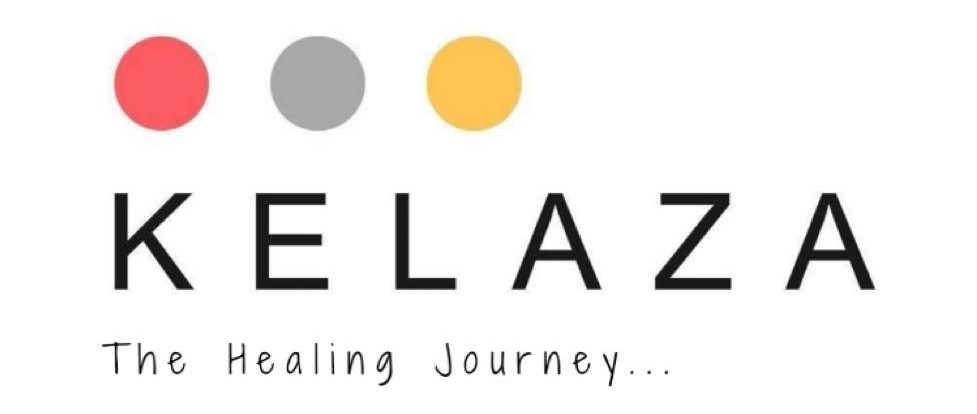The transition to remote control and blended learning conditions has posed significant obstacles for educators and learners alike, particularly in the field of science education. Science Studies Every week, a popular curriculum resource designed to engage students with once a week science content, has had in order to adapt to these new informative contexts. This article examines often the challenges associated with adapting Scientific research Studies Weekly for far off and blended learning as well as identifies best practices to enhance the effectiveness.
One of the primary challenges inside adapting Science Studies Once a week for remote learning is usually maintaining student engagement from the absence of a traditional classroom natural environment. The interactive and hands-on nature of science education and learning often relies on physical presence, where teachers can aid experiments, group activities, along with discussions. To address this, school teachers must leverage digital resources and resources that copy the interactive elements of the curriculum. Incorporating multimedia aspects such as videos, simulations, and virtual labs can help provide scientific concepts to life to hold students engaged. Platforms like Zoom or Google Connect with can facilitate live manifestations and discussions, while equipment like Nearpod and Kahoot! offer interactive quizzes as well as activities to maintain student interest.
Another significant challenge will be ensuring equitable access to technological innovation and the internet. Not all pupils have reliable internet connections or perhaps access to devices at home, which could exacerbate educational inequalities. Educational facilities and educators must think of strategies to bridge this a digital divide, such as providing devices and internet access to learners in need, creating downloadable content for offline utilize, and offering printed supplies as alternatives. Ensuring that all of students can access and participate in remote learning is vital for maintaining equity throughout education.
Assessment and feedback present additional challenges inside remote learning environments. Traditional methods of assessment, such as in-class quizzes and tests, have to be adapted to online forms. Digital assessment tools such as Google Forms, Quizizz, in addition to Edmodo can be used to create and distribute assessments while offering instant feedback to students. Teachers should also consider including formative assessments, such as a digital exit tickets and reflective journals, to gauge college student understanding continuously. Providing on time and constructive feedback is vital for student learning enabling identify areas where additional support may be needed.
Communication and collaboration are navigate here vital aspects of effective remote and blended thoroughly learning. Science Studies Weekly’s curriculum can be enhanced by simply fostering regular communication concerning teachers, students, and parents. Professors should establish clear interaction channels, such as email, messaging apps, or learning administration systems (LMS) like Google Classroom or Canvas, to keep students and parents informed concerning assignments, deadlines, and solutions. Encouraging collaboration among college students through group projects, conversation forums, and peer assessment activities can also enhance the learning experience and help maintain a sense community.
Differentiating instruction to meet diverse learning needs is another important consideration. Remote mastering environments can make it more challenging to deliver individualized support to students. Teachers should use info from assessments and findings to identify students’ strengths and weaknesses and tailor instruction accordingly. Using adaptive learning platforms which adjust the content and pace based on individual student performance can be beneficial. Additionally , giving various types of learning materials, for example videos, readings, and fascinating activities, can cater to distinct learning styles and selections.
Professional development for professors is crucial to successfully adapting Science Studies Weekly intended for remote and blended understanding. Educators need training along with support to effectively utilize digital tools, design having online lessons, and control the unique challenges of remote instruction. Professional development courses should focus on best practices intended for online teaching, including approaches for student engagement, assessment, in addition to differentiation. Providing ongoing support through online communities of train, mentoring, and access to information can help teachers continuously increase their remote teaching skills.
A single best practice is to include project-based learning (PBL) into the Science Studies Weekly course. PBL encourages students to explore real-world problems and acquire solutions, fostering deeper being familiar with and critical thinking expertise. In a remote or combined learning environment, PBL may be facilitated through digital effort tools, such as shared files, virtual meeting spaces, along with multimedia presentations. This approach not simply aligns with the hands-on characteristics of science education but also helps students develop crucial skills like research, effort, and communication.
Finally, concerning parents and caregivers inside the learning process is essential for the success of remote and also blended learning. Providing mothers and fathers with resources and guidance on how to support their little one’s learning at home can enhance student outcomes. Regular interaction with parents about their kid’s progress, challenges, and positive results helps create a supportive mastering environment. Schools can also provide virtual workshops or informational sessions for parents to equip them with strategies and applications to assist their children effectively.
Having Science Studies Weekly intended for remote and blended understanding environments presents numerous problems, but by leveraging digital camera tools, ensuring equitable accessibility, and fostering communication and collaboration, educators can overcome these obstacles. By incorporating guidelines such as project-based learning, differentiated instruction, and professional growth, Science Studies Weekly can continue to provide high-quality science education that engages and motivates students, regardless of the learning environment.


Share your feedback about this course